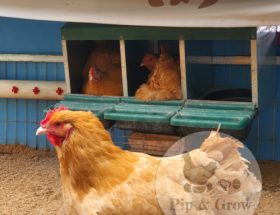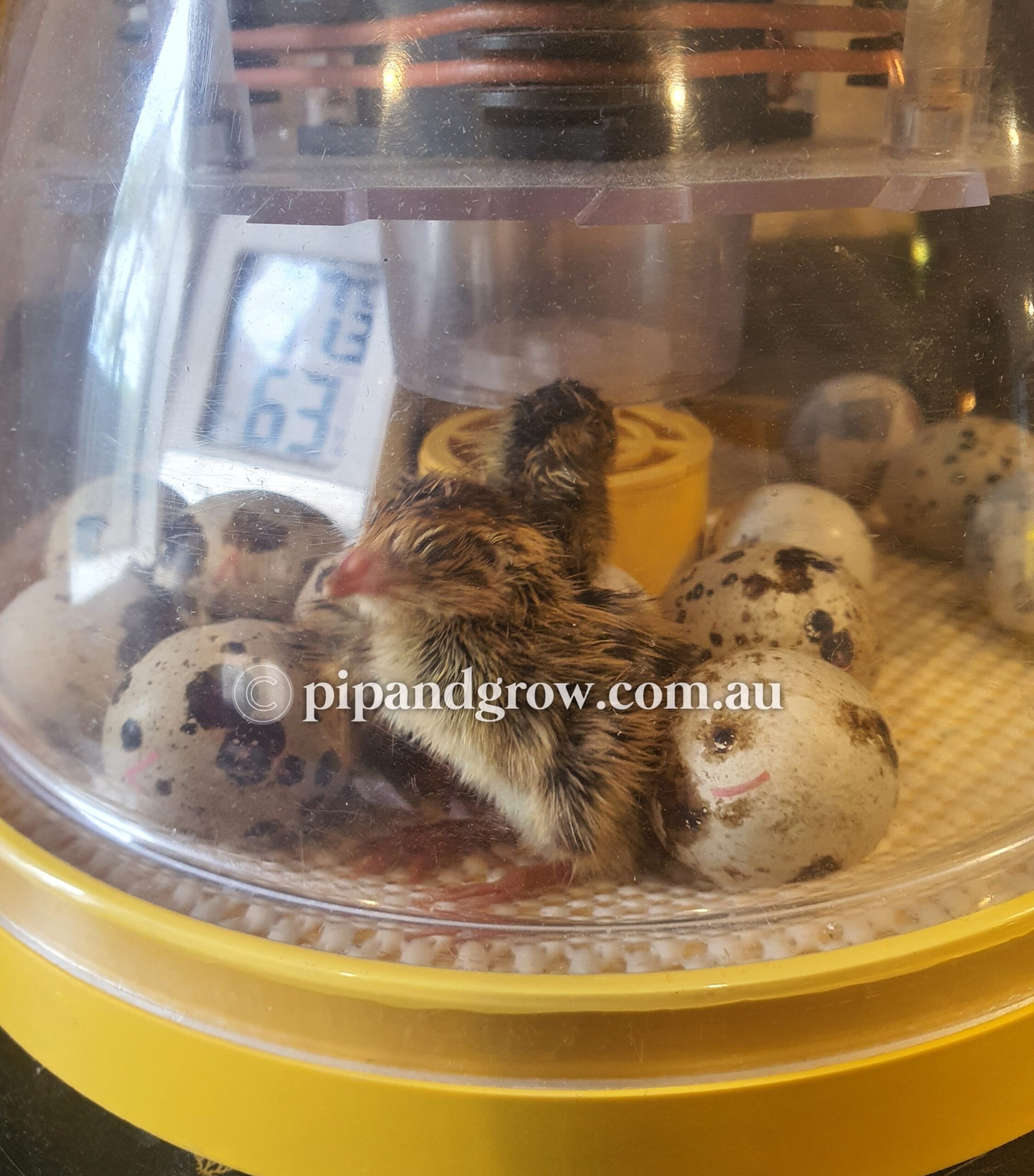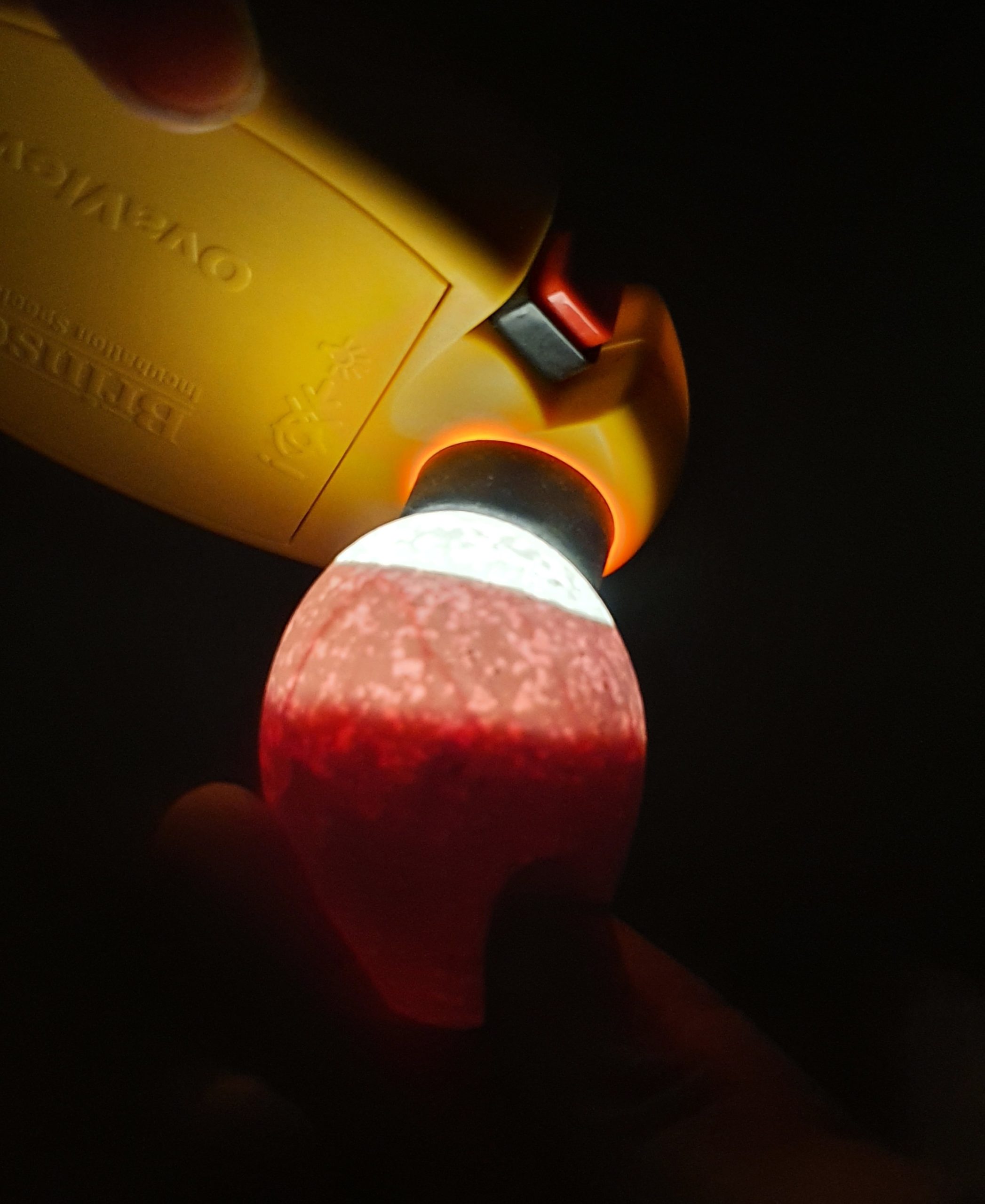Initial Candling : Day 5-7
While it might pose a challenge for beginners, there are distinct indicators to watch for. When candling eggs, ensure you’re in a dark room with a bright torch. You can even fashion a makeshift holder by cutting a toilet roll center lengthwise and attaching it to the torch or phone flash.
Second Candling : Day 12-15
At this stage, the outcome should be more apparent.
If you’re incubating bantam eggs (smaller eggs), they might appear more developed compared to standard-sized eggs. This difference is normal, especially if you have mixed-sized eggs in the incubator. However, if you notice some eggs lagging or advancing in development despite being of similar size, check your incubator’s temperature for any hot or cold spots.
“Quitters” refer to eggs that didn’t progress as expected during incubation. This could be due to issues with temperature, humidity, or other factors. It’s particularly common for shipped eggs with damaged air cells to experience a high rate of quitters during this period. While the eggs were fertile and the embryos began to develop, they couldn’t progress further due to the damage to the air cell.
Final Candling : Day 18
Before “Lockdown,” conducting a final candling is imperative. Most eggs will be filled with chicks ready to hatch, exhibiting minimal movement due to limited space inside the shell. Any cloudiness or liquid presence indicates that the embryo has perished, and such eggs should be discarded. If there’s uncertainty about an egg’s condition, it’s wise to mark it with a pencil. This way, if that specific egg fails to hatch after the others have, you won’t needlessly wait. Some smaller-sized eggs may have internally pipped or even made a hole in the shell. There’s no need to panic; these early pippers typically fare well post-lockdown.
Lock down – Hatch day : Day 19 – 21/22
Avoid opening the incubator. Newly hatched chicks can remain inside the incubator for 48 to 72 hours without food or water. Even if they come out of the incubator they’ll likely spend the first 24 hours mostly sleeping, making it preferable for them to stay inside the incubator. It’s normal for early-hatched chicks to peck at, kick, or stand on unhatched eggs; this behavior actually encourages the remaining chicks to hatch. Simply leave them be and step away from the incubator until the hatching is finished around day 22.
End of Hatching
If you are unsure if unhatched eggs are still viable or not ; try water candling (Click to view more details)
Detailed incubation tips written on the post – Hatching Tips, Using an Incubator.


